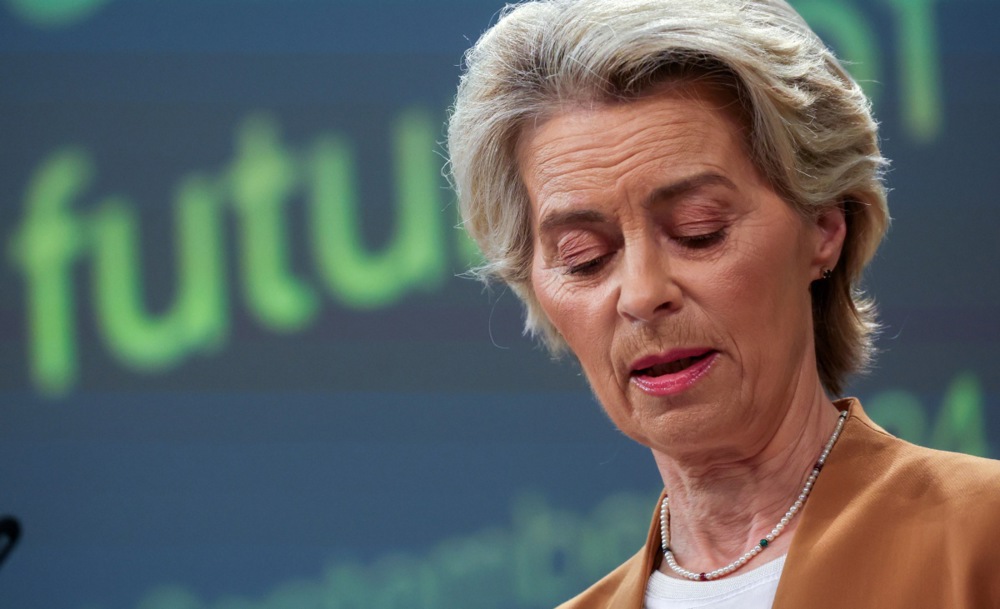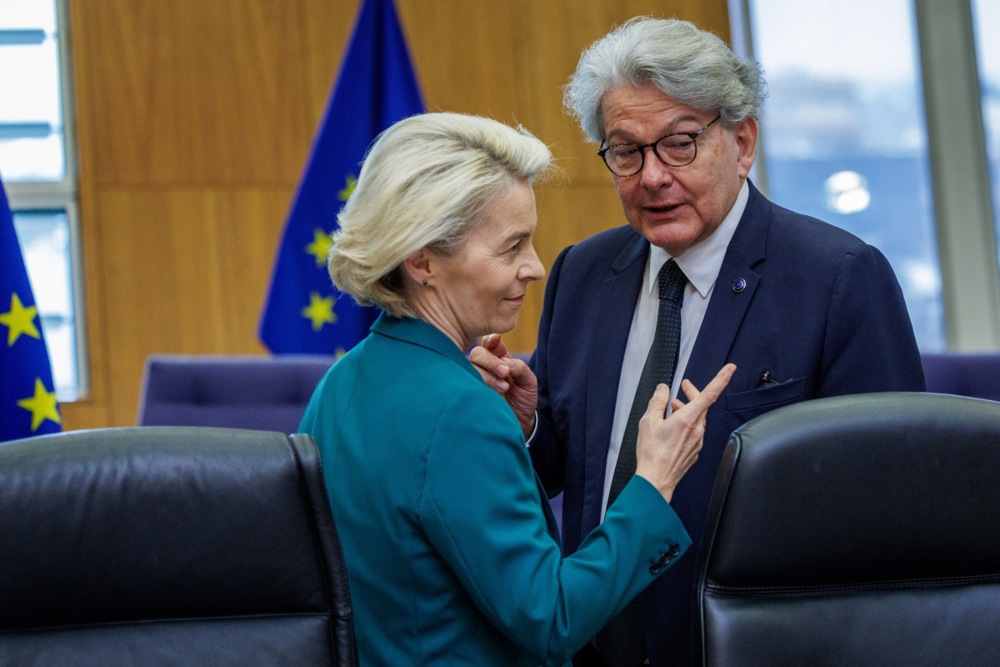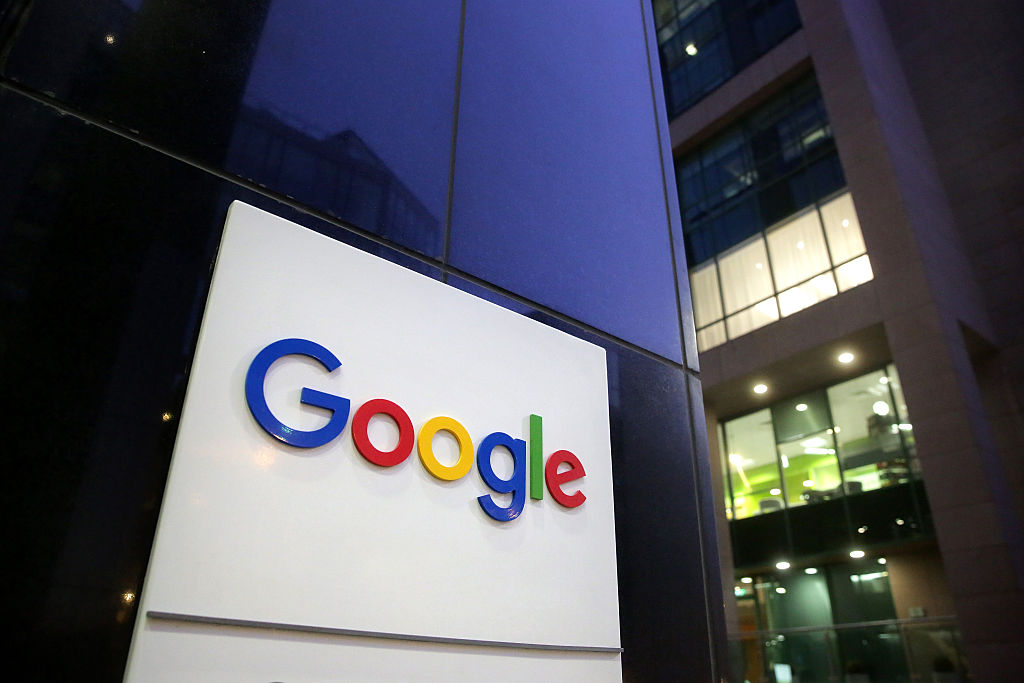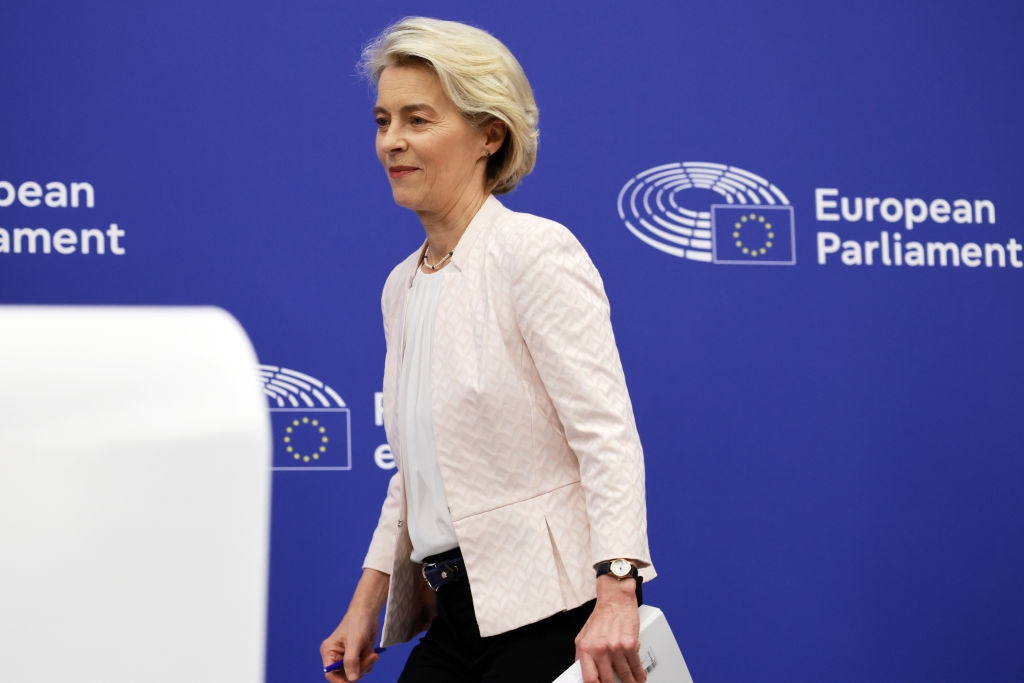Former European Central Bank boss Mario Draghi has called for more power to be handed to the EU in order to fight climate change and solve the bloc’s competitiveness crisis.
In a leaked copy of his long-awaited report, seen by Brussels Signal, Draghi warned that the EU was falling behind both China and the US in numerous areas, especially on emerging technology.
He highlighted three “areas for action to reignite growth” that could help solve the problems Europe was facing: Closing the tech innovation gap between it and its geopolitical rivals, the creation of a “joint plan for decarbonisation and competitiveness”, and working towards increasing the bloc’s security.
Draghi also took aim at EU regulation, saying 60 per cent of EU companies saw Brussels’ rule-making as being an obstacle to investment, and that such a highly regulated environment ultimately benefited larger, often non-EU corporations.
He added that, for “priority sectors”, the EU should aim to be “competitively neutral”, and that Brussels regulation should be designed to “facilitate market entry”.
All of this, he argued, was best achieved through the implementation of a series of “small steps” in various areas, with Member States needing to be willing to hand Brussels more power in certain areas to take these steps in a co-ordinated manner.
In other areas, he said, it would be better for the EU to step back and allow the Member States to regulate operations as required.
The former banker also highlighted the difficulties the EU was having regarding energy, although he emphasised that a greater push towards decarbonisation was now needed to help tackle problems.
What was key, he argued, was that the alleged savings to be brought on by decarbonisation must be passed on to businesses, something that needed to be brought about through greater EU co-operation and co-ordination.
Such co-ordination, he argued, would be reliant on the EU decreasing its reliance on foreign powers, such as China.
“The EU needs a joint plan for decarbonisation and competitiveness,” he wrote.
“This plan will have to ensure that Europe’s ambitious demand for decarbonisation can be matched by leadership on the technologies that will supply it.”
Others have criticised such sentiments, with many fearing that the EU’s ongoing obsession with the climate was only pushing it further behind competitors.
Economic expert Philip Pilkington told Brussels Signal: “The report rightly notes the importance of the energy crisis driven by the sanctions as being core to Europe’s competitiveness crisis.
“But rather than put forward a realistic solution, the report advocates ‘decarbonisation’.
“We can either read this as a fig leaf to cover up the inability to seriously discuss the issues with Russian gas or as actual belief that some vague decarbonisation policy can replace Russian gas. Neither bodes well for the future of European competitiveness,” he concluded.





